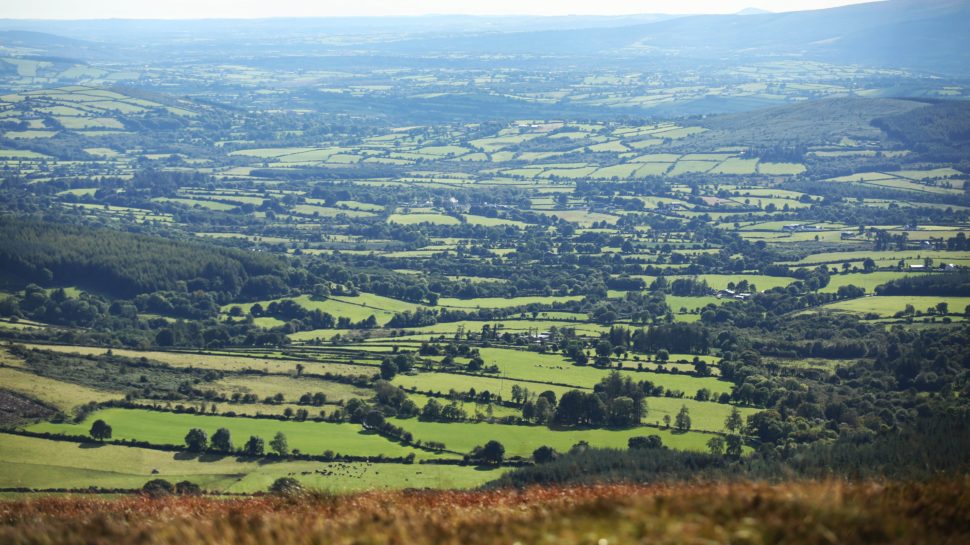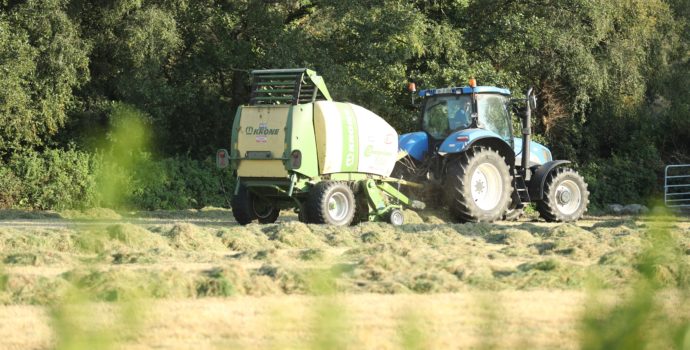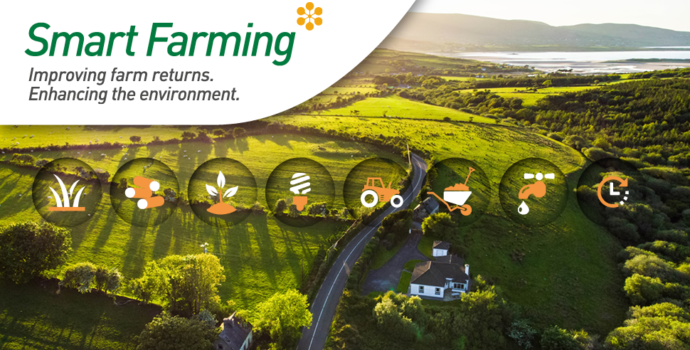
IFA President Tim Cullinan said farmers are addressing the emissions challenge and that technologies are coming on stream which will make a real difference.
“The EPA’s own analysis shows that with the additional measures (WAM) proposed in the 2021 Climate Action Plan agriculture can achieve a reduction in emissions of over 22% by 2030 compared with 2018 which is within the sectoral ceiling range set by the Government” he said.
“Farmers are changing their management practices to optimise efficiency and are using available technologies to reduce emissions, which will deliver significant reductions in the coming years”.
“In addition, there is a significant body of scientific research and technological innovations emerging, such as feed additives and breeding technologies, that will help deliver reductions” he said.
“The EU has recently approved an emissions-reducing feed additive and more are coming on stream. Advances are also being made in breeding and other areas,” he said.
“Article 2 of the Paris Agreement clearly identifies that global climate targets should not be achieved at the expense of food production. Now, more than ever, the world needs Irish food so our focus must be on reducing emissions per unit of output rather than on reducing output,” he said.
“The reality is that reducing food production in Ireland will lead to increased production in other countries with a higher carbon footprint, resulting in carbon leakage” he said.
“We cannot look at Irish climate policy in isolation. The Government must factor in the risk of carbon leakage and the importance of farming to our economy. The Climate Act requires the Government to factor both of these into their decision making,” he said.
“In addition, the Act states that Government must factor in the special characteristics of Biogenic Methane, a gas that is produced as part of natural cycle and only remains in the atmosphere for 10 to 12 years. In fact, Oxford University researchers have proposed an alternative measure of it Global Warming Potential of Methane which would have considerable impact on climate metrics.




